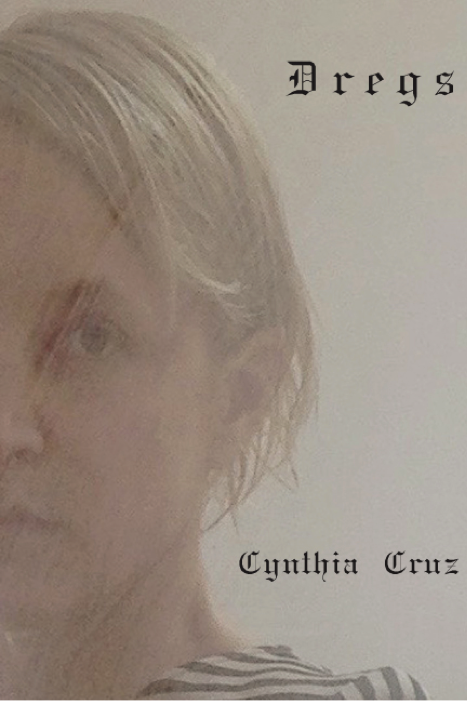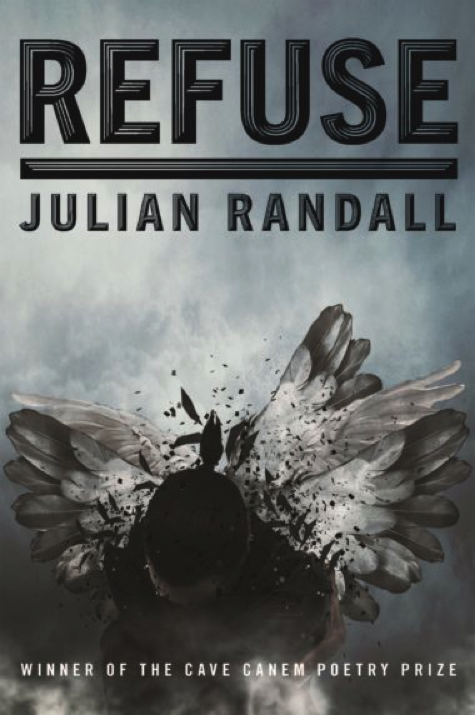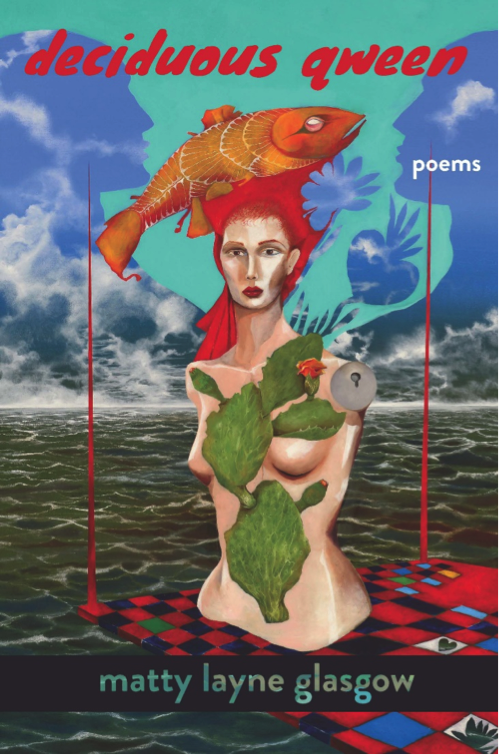WORDS BY ESTEBAN RODRÍGUEZ
—

Dregs by Cynthia Cruz (Four Way Books)
In her fifth collection, Cynthia Cruz’s Dregs explores the remnants of human destruction and how one must navigate the maze of social ambiguity associated with the collapse of everyday structures. Cities are besieged, winters reign and weep inside the world’s inhabitants, and the speaker, absorbed in this half-lucid dream of longing and death, enters, page after page, an array of abandoned settings, searching for meaning where there appears to be none. With a concise, lyrical, and surreal poetic style, Dregs reads as a kind of post-apocalyptic catalog of how we’ve been “Forever changed // By the sickening poverty / Of sorrow.” Just over fifty pages, Dregs is a relatively quick read, but the images are haunting, and with death lingering at the end of every poem, Cruz is sure to leave you pondering your own existence long after you’ve put the book down.

Refuse by Julian Randall (University of Pittsburgh Press)
Winner of the 2017 Cave Canem Poetry Prize, Julian Randall’s Refuse explores identity, binaries, masculinity, sexuality, family, and the politics and social constructs that govern our relationship with ourselves and others. These poems don’t attempt to sugarcoat its themes and subjects, but they don’t sacrifice lyricism, emotion, and a much needed urgency at the expense of chipping away at a greater truth. Additionally, Randall captures moments that become meditative explorations of what it means be black (and biracial) within the frame of societal expectations. For example, the poem “Fright Night Lights #20” details a football teammate’s pectoral tear while bench pressing. The speaker helps his teammate to the office, but while at the office, as the staff studies them, he begins to fear the “slow guillotine the brief blade / of a white woman’s smile” and how quickly that gaze can become something both distressing and dangerous. The collection is bold and unapologetic, a debut that shows Randall’s promising career as a poet and a curator of the issues that deserve to be confronted and revealed to a wider audience.

deciduous qween by Matty Layne Glasglow (Red Hen Press)
Selected by Richard Blanco as the winner of the 2018 Benjamin Saltman Award, Matty Lane Glasglow’s deciduous qween is a vibrant collection that examines the queer world around us and how environments influence and shape our understanding of identity, sexuality, and of the perceptions we have of our bodies and character. In many of the poems, Glasglow takes small moments from the past and meditates on their importance in the present. In “deciduous qween, II,” for example, the speaker reflects on his first performance “prancing around [the] living room / in a Mickey Mouse onesie,” and through lyrical musings on that event, is able to accept who they always knew they were:
That afternoon, I felt sparkling silver gleam
sprout from my skull like all my bones were
precious metal, & I just wanted to let them
shine, to let anyone hold my body in the light
so I could look like I was worth something.
deciduous qween delves deep into this question of worth, the value of knowing who we are and who we want to be. To quote Eduardo C. Corral, “Vulnerability, brashness, grief, and astonishment leap off the page,” and there is no doubt that you too will find yourself within the pages of this book, and with the same glamor, glory, and glitter and make these poems important and memorable, you’ll have no choice but to “Let your crown shine.”
__
Esteban Rodríguez is the author of Dusk & Dust, forthcoming from Hub City Press (September 2019). His poetry has appeared or is forthcoming in Arts & Letters, The Gettysburg Review, New England Review, Puerto del Sol, Shenandoah, TriQuarterly, The Rumpus, and elsewhere. He lives with his family and teaches in Austin, Texas.
![[PANK]](https://pankmagazine.com/wp-content/themes/pank/assets/images/pank-logo-large.png)
